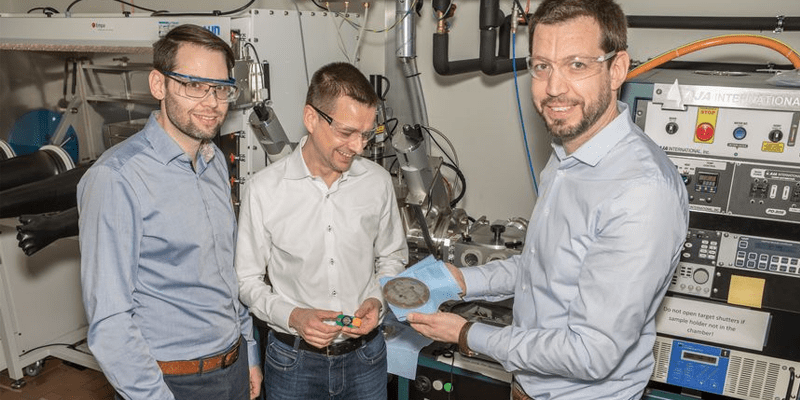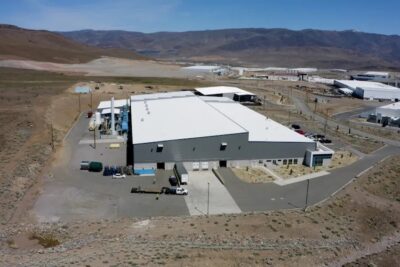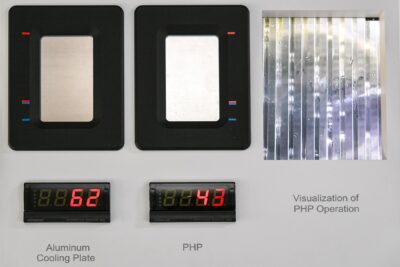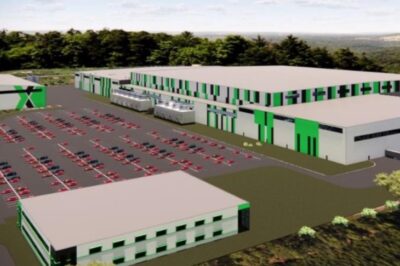SeNSE project to build battery cell competencies in Europe
Experts from seven European countries are now working on solutions for next-generation lithium-ion batteries in the SeNSE research project within the European Battery Alliance. The Swedish company Northvolt is to play a decisive role in the four-year project.
The joint project is intended to help build up competence and production capacities in the field of battery cell technology in Europe. As Northvolt is planning to build two battery cell production plants in Europe – one in Sweden and one as a joint venture with Volkswagen in Salzgitter – there is a direct industrial link. Experts from Northvolt will also accompany the SeNSE scientists with regular briefings. In a press release, the company states that the aim is to create a series of battery cell prototypes. In addition, the capabilities of the new generation of battery cells are to be demonstrated using a demonstrator with 1 kWh storage capacity, and the production technology developed is to find its way into industry in the form of patents.
Five research institutes and six industrial companies are involved in SeNSE. The Swiss Federal Laboratories for Materials Testing and Research (Empa, Switzerland) is in charge. Also on board are the Westphalian Wilhelms University of Münster and the Jülich Research Centre (both in Germany), Coventry University (UK), the Austrian Institute of Technology (Austria) and the companies Solvionic (France), FPT Motorenforschung (Switzerland), Lithops (Italy), Northvolt (Sweden), Enwires (France) and Huntsman Advanced Materials (Switzerland). The EU is funding the project, which will run until spring 2024, with ten million euros as part of its Horizon 2020 research funding programme.
In terms of content, the participants are working on the development of next-generation lithium-ion batteries – the so-called “Generation 3b”. In contrast to current traction batteries, these are expected to have a higher energy density, improved cell chemistry and improved battery management. Among other things, the researchers are aiming for anodes made of silicon-graphite composites and cathodes with a lower cobalt content. And: “New additives in the electrolyte fluid, as well as protective layers, should allow the battery to age more slowly and make more charging cycles possible. New sensors will also contribute to a longer service life and better rapid charging capability by supplying data to the battery management system from inside the battery cells. This data will allow much more sophisticated temperature management compared to current lithium-ion cells,” Empa explains.
A further European project, launched on January 1, 2020, is working in parallel on the development of solid-state lithium metal batteries. The SOLiDIFY project, which is funded by the EU with almost 8 million euros, is also running for four years and is based on the collaboration of a total of 14 European partners. The IMEC (Interuniversity Microelectronics Centre), based in Belgium, is the lead partner. “The solid-state batteries – called Generation 4b – could (…) be ready for the market in about ten years. At half the weight and half the size, they should provide the same storage capacity as today’s lithium-ion batteries. Production costs should also be cut in half,” writes Empa, which is also involved in this project. This requires new electrode architectures and innovative liquid production methods for the cathode. The anode will consist of metallic lithium.
Reporting by Cora Werwitzke, France





0 Comments